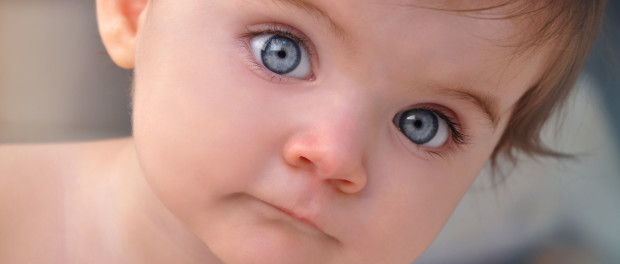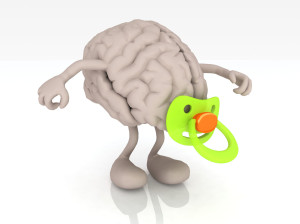10 Qualities of Highly Sensitive Parents
10 Steps to Awesome Sensitive Parenting

The research is in and Parental Sensitivity is scientifically proven to be the quality of a great parent! Sensitive parenting is critical for early development of infants and toddlers. The sensitive parent shares special types of interaction with newborns, infants, toddlers, and young children that promote healthy brain development.
In addition to brain-based learning and growth, parental sensitivity also promotes children’s social development, emotional development, and relationship skills. Children thrive in a safe and loving family with sensitive parenting!
 Children with emotional or developmental problems may need sensitive parenting even more than other children. Sensitivity is a crucial component of therapeutic parenting strategies and supports effective attachment parenting techniques. Children suffering from attachment disorder (such as RAD or DSED) may require sensitive parenting and care in order to establish healthy attachment and development.
Children with emotional or developmental problems may need sensitive parenting even more than other children. Sensitivity is a crucial component of therapeutic parenting strategies and supports effective attachment parenting techniques. Children suffering from attachment disorder (such as RAD or DSED) may require sensitive parenting and care in order to establish healthy attachment and development.
Following is a checklist of 10 Traits of Sensitive Parents.
Check them out and compare to your parenting style …
1) Treat their child with dignity and respect …
2) Look their child in the eye when talking …
3) Enhance verbal communication with facial expressions, gestures, and body language …
4) Maintain a calm tone of voice and a stable mood …
5) Use positive communication and discipline strategies …
6) Establish and maintain healthy boundaries and supportive limits …
7) Adjust parenting approach to match the child’s age and developmental level …
8) Share rich conversation and interaction …
9) Hug and cuddle their child regularly …
10) Provide their child with a loving, stable, and safe home environment!
Parents must remember that this checklist is a guideline. Every family has a busy did or faces a crisis that pulls them off center. What is important is that the sensitive parent limits the way stress impacts the children and quickly gets back on track with the Sensitive Parenting Style.
Those families who already practice natural parenting or attachment parenting may find some wonderful commonalities! The sensitive nature of these particular parenting styles are what causes them to promote healthy attachment formation of children!!!

 Darleen Claire is a Parenting Expert and Personal Development Coach with specializations in Special Education, Clinical Mental Health Counseling, and Brain-Based Learning & Intervention strategies.
Darleen Claire is a Parenting Expert and Personal Development Coach with specializations in Special Education, Clinical Mental Health Counseling, and Brain-Based Learning & Intervention strategies.
Need to learn more about Sensitive Parenting as it impacts RAD (Reactive Attachment Disorder) or DSED (Disinhibited Social Engagement Disorder)?
Want to receive the Joyful Effective Parenting Insider Report? Click on orange “Subscribe” button to the right or on the upper right part of this page.
Happy parenting!
Research on Sensitive Parenting:
The Mayo Clinic included sensitive parenting as an important trait of parents to help child development through the SEED parenting program. The National Institute of Health (NIH) has published numerous studies linking parental sensitivity to healthy social, emotional, and developmental outcomes of children.








